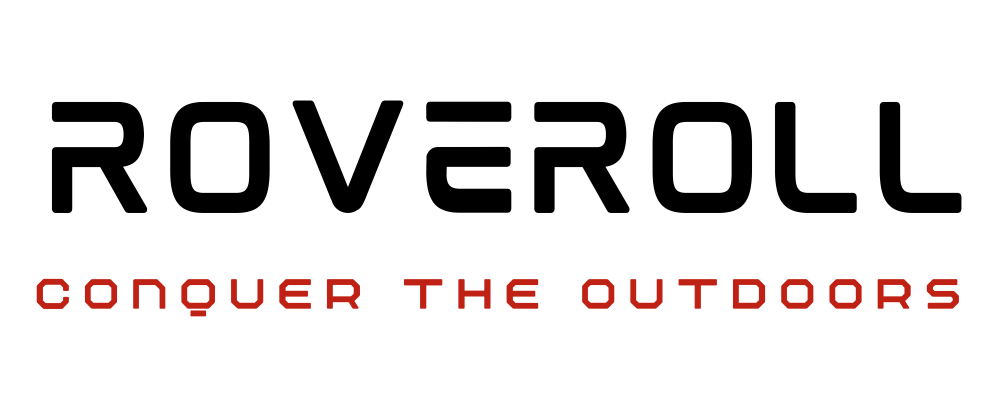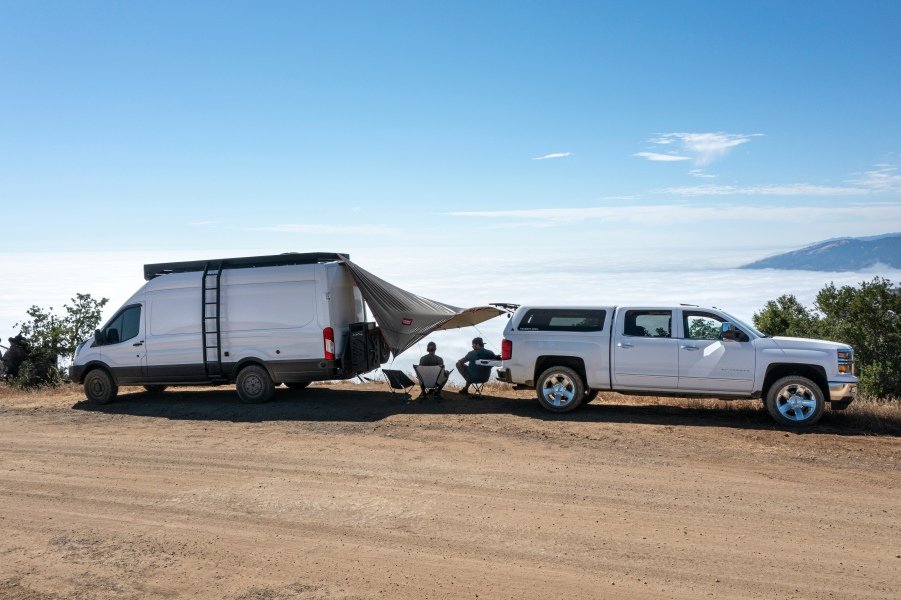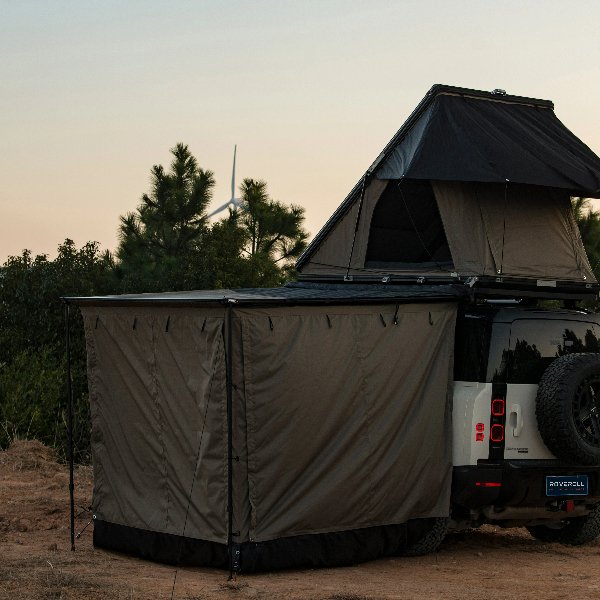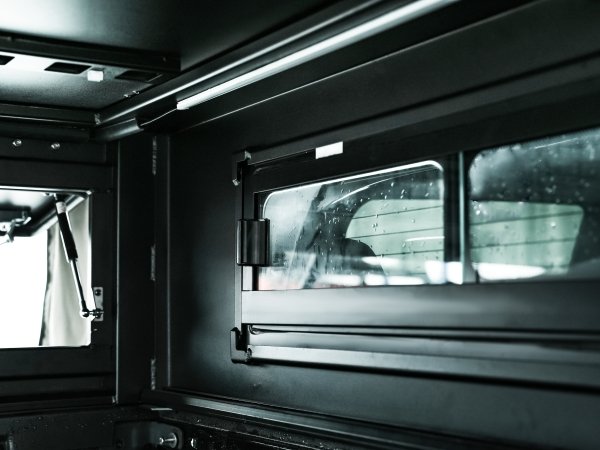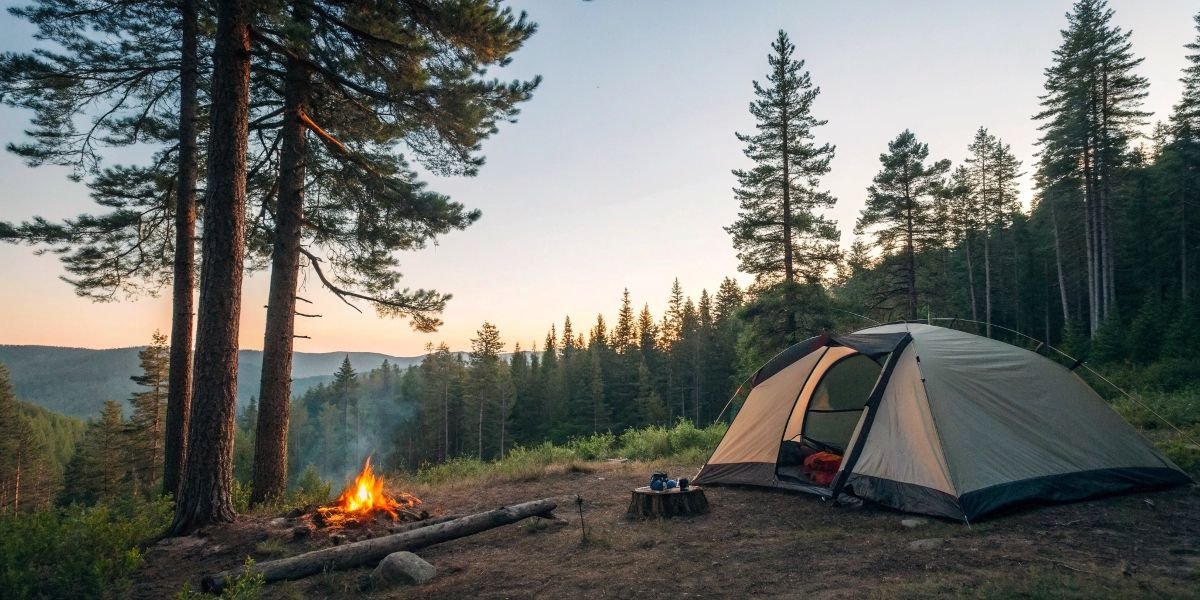You took a while to set up the tent, the stars are out, and you’re ready to sleep. But one wrong item in your tent could turn this peaceful night into a disaster. Let’s explore what never belongs in your shelter.
Never store food, scented items, or open flames in your tent. Food attracts wildlife, odors lure curious animals, and fires risk carbon monoxide poisoning or tent meltdowns. Proper outdoor storage keeps you safe and preserves your gear.
Camping safety isn’t just about avoiding bears – it’s about understanding how everyday items become hazards in confined spaces. Let’s break down these three critical tent no-gos and smarter alternatives.
Food: Why Can’t I Keep Snacks in My Tent?
That protein bar under your pillow seems harmless until raccoons shred your tent at 2 AM. Food belongs outside your sleeping area – period.
Store all food in airtight containers at least 100 feet from tents. Use bear-resistant canisters or campground lockers where available. Cold temperatures don’t prevent animal interest – frozen beef jerky still smells like dinner to wildlife.
The Real Risks of Tent Food Storage
| Risk Factor | Immediate Danger |
|---|---|
| Animal "Attraction" | Tent damage, injury |
| Pest Infestation | Ants/rodent damage |
| Food Contamination | Diarrhea, stomach pain |
Strong Odors: Beyond Just Food
Your toothpaste and bug spray smell delicious to forest creatures. Scented items demand the same caution as food storage.
Treat all odorous products as food equivalents:
- Toiletries
- Cooking clothes
- Pet food
- Even strongly scented sunscreen
Odor Management Strategy
Pre-Trip Preparation
- Seal toiletries in ziplock bags
- Use unscented personal care products
Campsite Setup
- Designate a "smell zone" downwind
- Hang odor items with food cache
Emergency Plan
- Keep bear spray accessible
- Know campsite evacuation routes
We should conduct "scent audits" before bed, removing anything perfumed from sleeping areas.
Fire Hazards: More Than Open Flames
That camping lantern seems safe, but tent fires often start unexpectedly. Follow strict no-flame rules inside shelters.
Never use these in tents:
- Camp stoves
- Candles
- Propane heaters
- Even battery-powered devices with heating elements
Fire Risk Comparison Chart
| Item | Fire Risk | Toxic Fumes | Safer Alternatives |
|---|---|---|---|
| Gas lantern | High (visible open flame) | Deadly carbon monoxide | Outdoor use only – never inside! |
| Battery lights | Low (no heat) | Zero risk | Choose tent-rated LED strings |
| Hand warmers | Medium (if punctured) | Possible chemical leaks | Store outside sleeping bag |
| Camp stove | Extreme (melts nylon instantly) | Explosive gas buildup | Cook 15ft downwind under rain tarp |
Conclusion
Keep tents for sleeping – store food, smelly items, and heat sources outside. Proper storage protects both campers and wildlife. When choosing gear, prioritize safety-certified products from reliable suppliers who understand outdoor realities.
